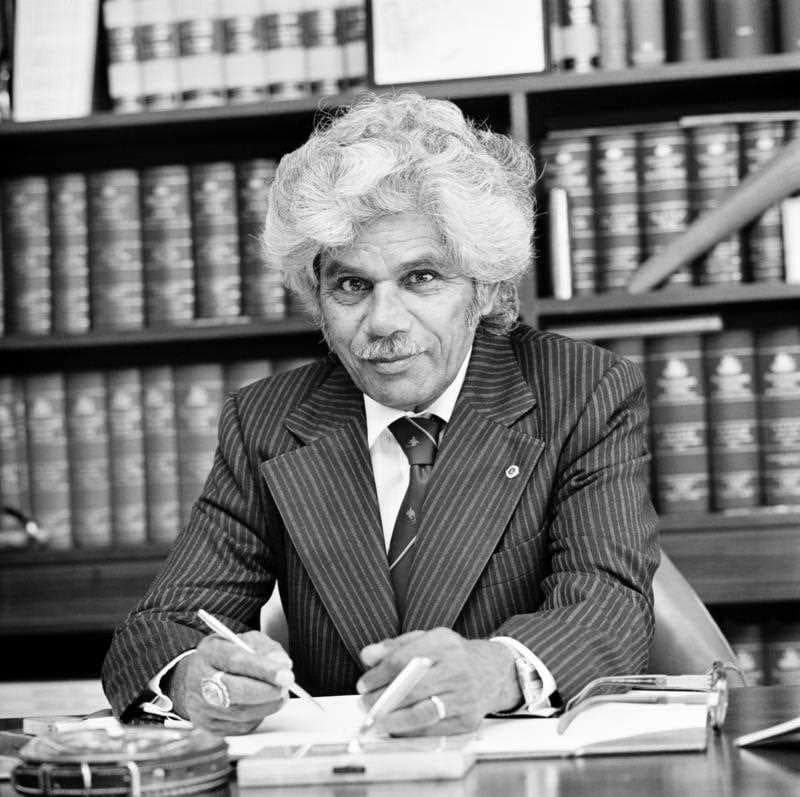ACT public places will be no longer named after people famous in Australian colonisation if a Labor motion passes tomorrow; instead, they will honour people important in Australia’s path to reconciliation.
“The term ‘colonisation’ is offensive to many people in our community, and represents negative actions and connotations,” said Labor backbencher Dr Marisa Paterson MLA, the bill’s proponent.
“It’s time we place greater attention on those who have made, and those who continue to make, positive contributions towards reconciliation in the ACT.”
Dr Paterson, Member for Murrumbidgee, introduced the Public Place Names Amendment Bill to the Assembly in November last year. The Justice and Community Safety Scrutiny Committee reviewed the Bill with nil comment.
- Public places to recognise reconciliation (30 November 2021)
“This is a simple but important change to our legislation,” Dr Paterson said. “It will remove the word ‘colonisation’ from the list of persons after whom the Minister may name public places to, instead, include ‘reconciliation’.
“Under the Public Place Names Act 1989, the Minister may determine the name of a public place that is Territory land. Public places include an avenue, road, street, geographical feature or place that the public is entitled to use, and any unleased land.
“In making such determination the Minister must have regard to certain matters, among which include the names of persons famous in Australian exploration, navigation, pioneering, colonisation, administration, politics, education, science or letters.”
Dr Paterson has worked in remote Indigenous communities in the Northern Territory for much of her academic career, and is keen to use her role as an MLA to achieve reconciliation.
“There are already many great people whose contributions deserve recognition,” Dr Paterson said.
She noted that the theme for the suburb of Bonner is ‘Indigenous leaders and their supporters’. Senator Neville Bonner AO was the first Indigenous person to enter Federal parliament as a Liberal Senator for Queensland in 1971. ‘Mabo Boulevard’ in Bonner pays tribute to Eddie Mabo’s role in campaigning for Indigenous land rights in Australia.
“There are others already named. But there are also many more conciliators we can recognise and honour, as well as ceasing to reference colonisation”.
Dr Paterson said the effects of the Bill are not retrospective. Any existing place names associated with persons important in colonisation will not be re-named as a result of this Bill.
Paula McGrady, Deputy Chairperson of the Aboriginal Torres Strait Islander Elected Body, said the amendment was important.
“This is a significant moment for us as Aboriginal and Torres Strait Islander people living in the ACT. My children were the first in my family to complete their year 12 certificates in NSW and ACT. This is still quite profound for me, as they have opportunities now that weren’t historically destined for us.
“Their ability to achieve this, I believe, is largely due to the tireless advocacy and work of Aboriginal and Torres Strait Islander people in our community. To be able to celebrate and acknowledge the people who have made sure that the rights of Aboriginal and Torres Strait Islander people are recognised, and enabled us to live the lives we do, is a moment of great importance. There are countless people who deserve to be honoured for their work, and this amendment will mean that they can finally get the recognition they deserve.”
The ACT Aboriginal and Torres Strait Islander Elected Body (ATSIEB) supported the amendment.



